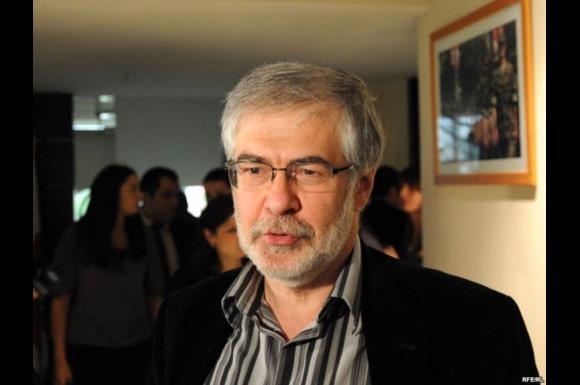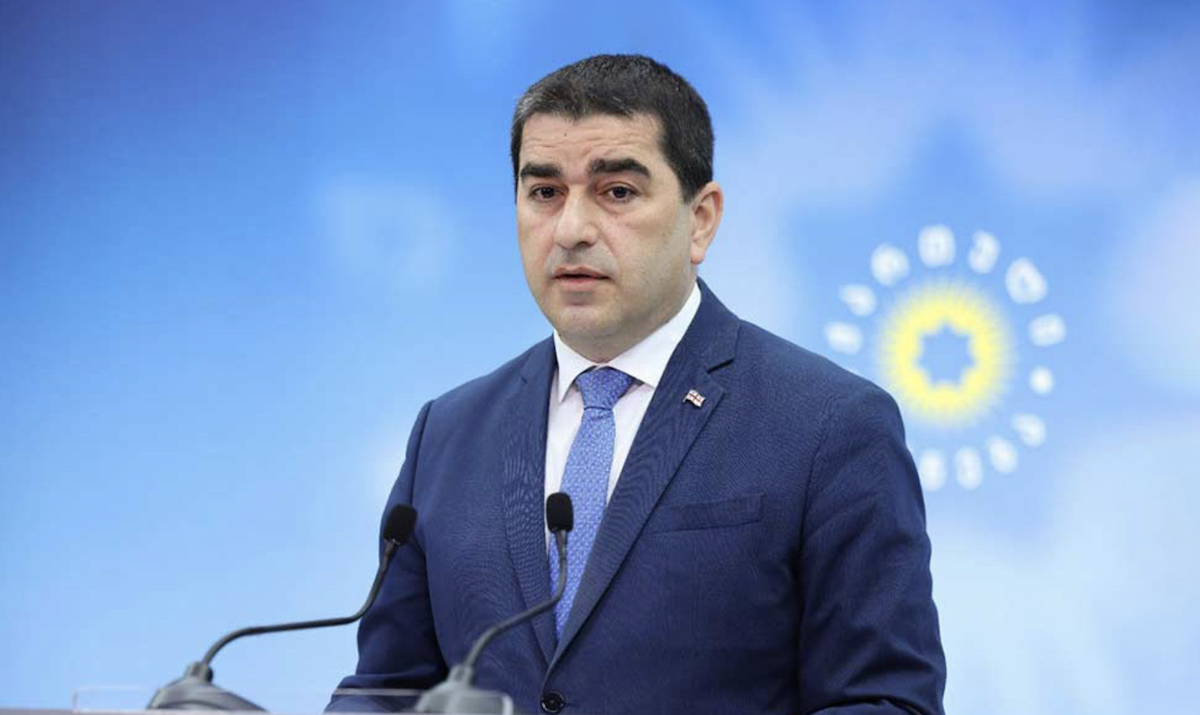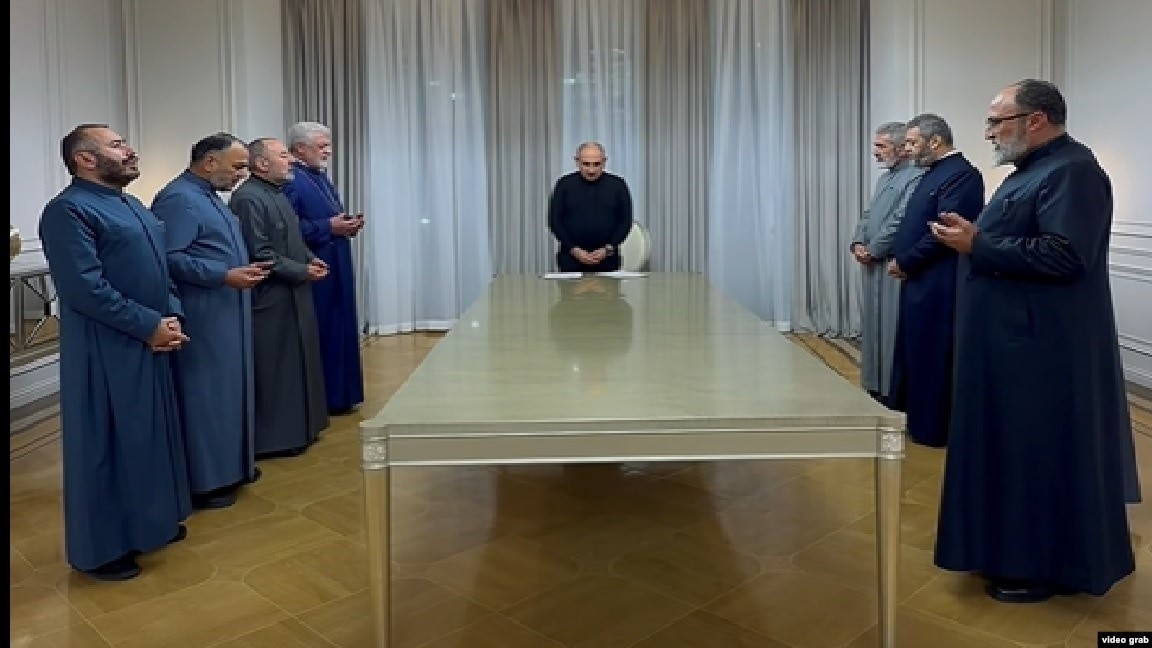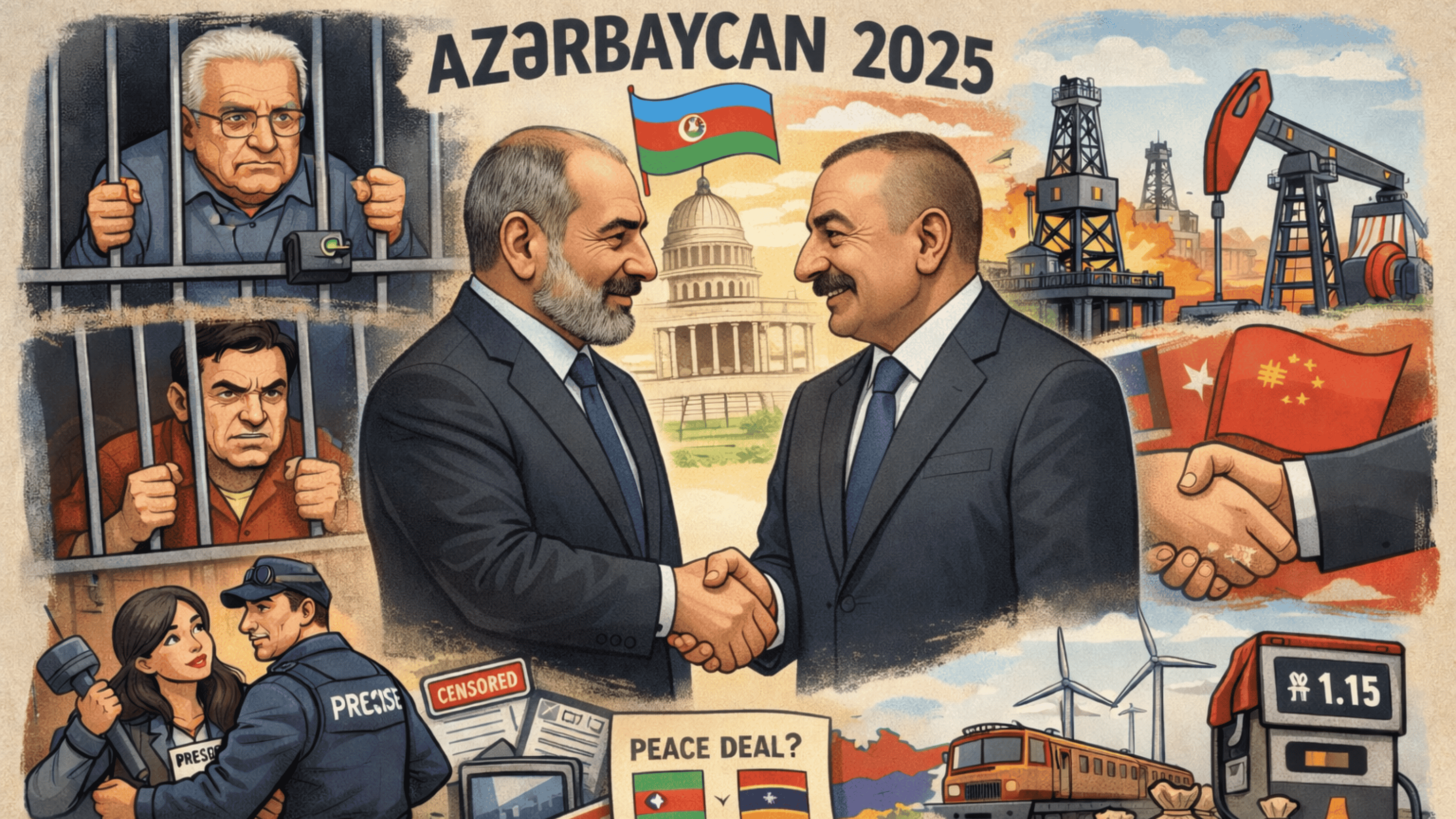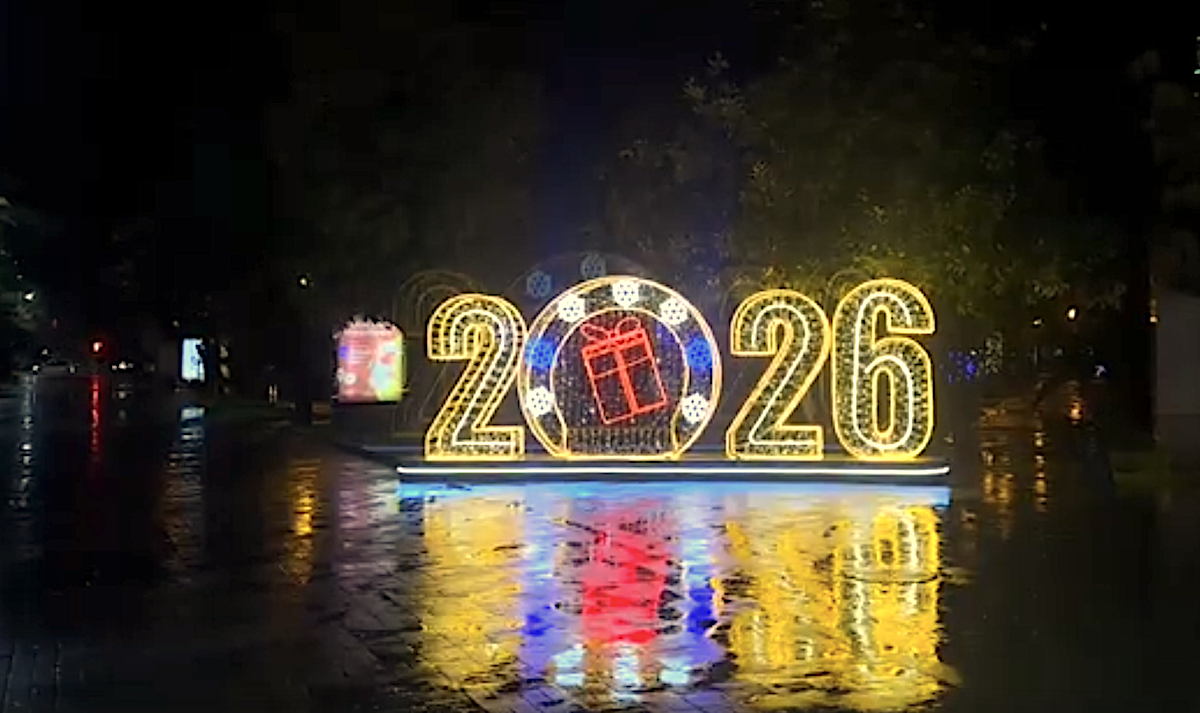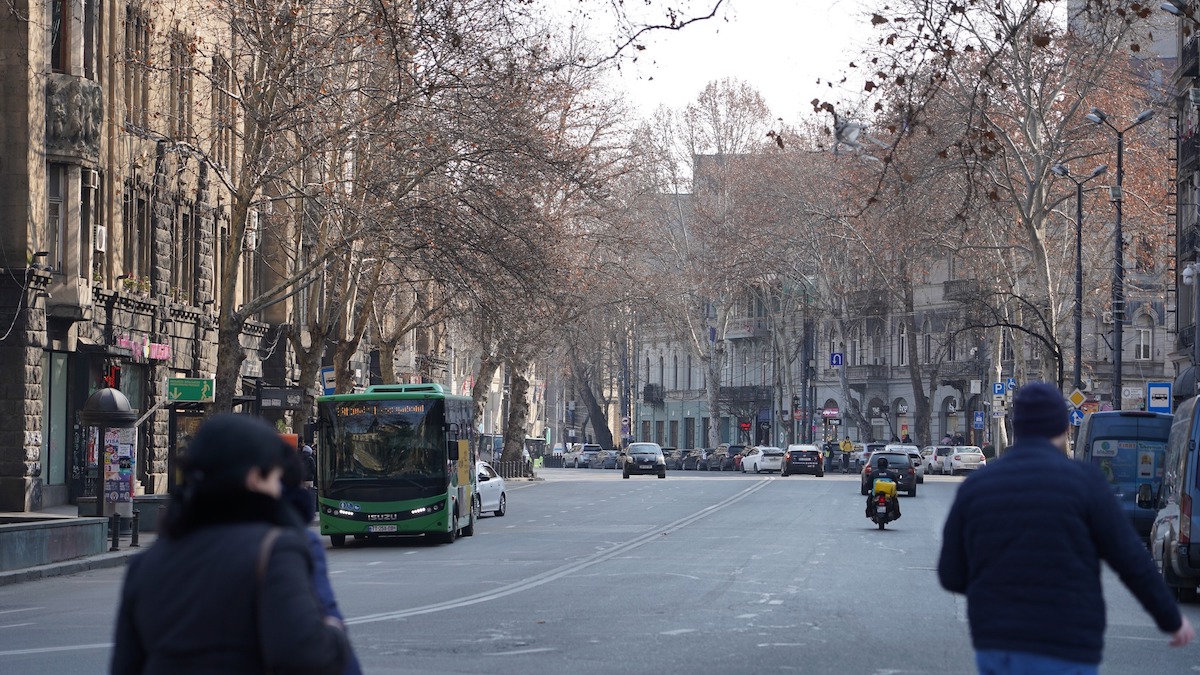What can Georgia learn from the Batumi riot?
In the night of March 11-12, the government of the Georgian Dream had its first experience of a popular riot, which inevitably acquired political significance. What was the cause of this outbreak and what does it say about the current state of our country?
Two rebellions against lawfulness?
A historical analogy may be of use here: namely a ‘wrestlers’ riot’ that took place on July 2005, in the period of National Movement rule. Then an eruption was caused by a court decision that found certain famous wrestlers guilty of extortion, even though they were renowned athletes who were soon to represent Georgia in an important international tournament. The defendants’ angry colleagues smashed everything they could find in the court room. The disturbances continued in the streets until the police dispersed the protesters.
In Batumi, the mayhem started after a person was fined for a parking violation. The latter insulted the policeman and was detained for aggressive behavior. It was the latter fact that enraged the bystanders. Nobody argued that the fine was unlawful, but the culprit was allegedly coming from a funeral of a family member and therefore deserved some indulgence. The protests evolved into mass vandalism in the streets of Batumi and was eventually dispersed by the police.
The two episodes have an important thing in common: under certain circumstances, enforcement of law may cause protests of some people. They believe that sometimes the state should take into account special conditions and make exceptions: for instance, when a culprit is a prominent athlete, or a person has recently lost a loved one. In cases like this, enforcing the law contradicts people’s understanding of fairness.
“We are not the Tartars”
After this, we can engage in self-flagellation saying that disrespect of law is the Georgians’ national feature. There may be some truth to this, but in any case this is only part of the truth. Episodes of mass anarchy and vandalism, and of much greater scope at that, occur in much more seasoned democracies. They usually have deeper reasons.
In the event of wrestlers’ rebellion, a perception had been shaping that the National Movement was imposing on the society something that was alien to it and contradicted informal rules people were used to follow. Therefore, it was right to resist – even by smashing the furniture. At that time, it was not the reaction of the wrestlers’ community that constituted a problem: almost all of the opposition expressed solidarity towards the infuriated athletes and some defined the act of their dispersal as a “crime against humanity”.
Batumi events have a totally different background. Here, a new chief of police was appointed recently, who is an “alien”, that is comes to from a different region of Georgia. Such appointments might have caused discontent in other parts of the country as well. But Adjara has its peculiarity due to a religious factor: many Adjarans are Muslims. Quite a few rioters said they were incensed by the chief of police calling the Adjarans “the Tartars”. Nobody proved he really did that; it’s quite possible the rumours were deliberately spread by the opponents of the new chief. In the latter case, the ‘people’s rage’ might had been manipulated by groups competing for power within state agencies. But these are speculations; the main point is that the allegation hit the nerve. Muslim Adjarans are used to hearing that their religious faith makes them less Georgian, and this drives them really mad.
There is even more general background behind the story. The Georgian Dream, while fighting its political opponents, often relied on the support of Georgia’s religious nationalists, that is exactly those people who may refer to Muslim Adjarans as “the Tartars”. After it came to power, aggressive behavior against Muslims, which usually goes unpunished, proliferated. Such things sink in and in due course the resentment may express itself, also in this ugly way.
Encouraging people’s violence
Presumably, Batumi riots had one more precondition. The new government is much more indulgent towards spontaneous (or quasi-spontaneous) expressions of mob violence than its predecessor was. Moreover, it has persistently encouraged expressions of ‘people’s rage’ when it targeted its political opponents, the National Movement. The perpetrators of an orgy against sexual minorities on May 17, 2013 also went unpunished. This way the government indirectly legitimized mob violence. When people’s anger is sincere, why not express it through traditional methods like beating up those who annoy them?
National Movement representatives claim that they recognized in the perpetrators of the violence of 11-12 March some of those who had earlier likewise attacked them. One may choose to trust or mistrust them on this, but there is nothing illogical about these claims. If this happens to be true, this would not be the first case when those used to violence without impunity and used by a government to attack its opponents, at some point decide to turn against the state.
Moreover, despite strong initial statements, the government is not going to be strict to the perpetrators of Batumi pogrom: Despite considerable police and other property being destroyed, only a handful of people had to pay symbolic fines. If so, more acts of violence may still come.
Reactions of politicians
What looks like a crisis to ordinary people, politicians may consider an opportunity to take advantage of. Nothing to be surprised of here. But what specific calculations did the politicians make in this particular case, and how should we assess them?
The reaction of 2005 opposition towards the ‘wrestlers’ riot’ defined the way of their behavior for years to come: they supported pretty much anybody who expressed discontent towards the government on any pretext. In its own term, the government of the day referred to this tactic to discredit the opposition. It continued to present the latter as ‘the defenders of Djghana’: this extremely non-elegant-sounding nickname of an athlete-turned-criminal was long used to remind the society how unscrupulous the opposition was in choosing its allies.
Did that tactic work well for then opposition? They did mobilize considerable public protest in 2007-2008, but eventually their opportunistic radicalism led to their total marginalization. By the time Bidzina Ivanishvili joined politics, the opposition was completely hopeless. The first obvious explanation of the success of a billionaire-turned-politician was his huge financial resources; but one should not forget that he also brought new tactics by rejecting the methods of anarchic rebellion and relying exclusively on legitimate ways. This proved a winning strategy.
How did the National Movement behave now, this time in its capacity of an opposition party? Its actions were extremely inconsistent. Some of its leaders and activists could not resist a temptation to proclaim Batumi pogrom a dawn of movement of liberation. On the next day the party leadership tried to correct the political blunder but the damage had been done.
The government also tried to take advantage of the situation but putting all the blame on the opposition. This was its way to avoid its own responsibility for the crisis. But such a ploy will hardly be successful: some lies are too obvious. It has become a basic instinct of the Georgian Dream: When something bad happens, blame it on the National Movement. This has long become whacky.
Batumi riot gives also its change to the European Georgia party that has recently split from the National Movement: It can explain to the people how exactly it differs from former team-mates. Namely, it can claim, that while being extremely critical of the government, it did not act thoughtlessly and express support to some dubious characters. But will it be successful in getting this message through to the people?
In the end, we should ask the main question: Did Batumi riot indicate some new trend, or it will remain an isolated incident? It’s too early to answer that. The condemnation of the event was quite universal: this was quite a progress as compared to public reactions to the wrestlers’ riot. But this night was still very painful for the country and its government. When violence with impunity turns into a habit, nobody knows when to expect the next outburst.
